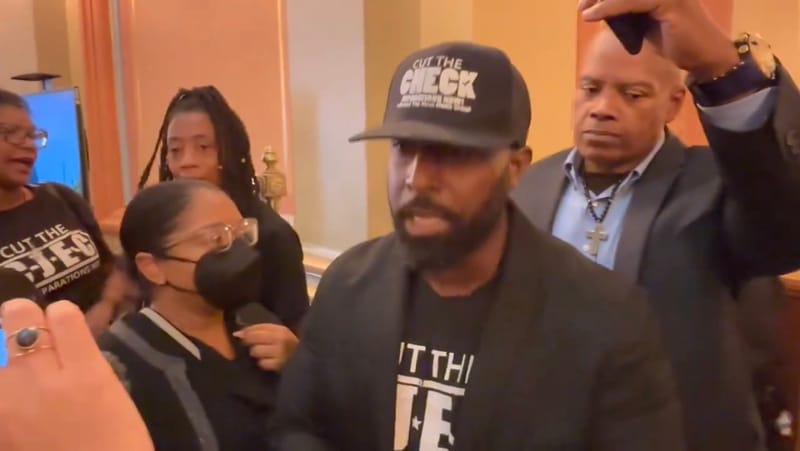California Governor Newsom Vetoes Bill for Black Families' Land Reclamation
In a move that has sparked controversy and debate, California Governor Gavin Newsom vetoed a bill that aimed to assist Black families in reclaiming land that was unjustly taken through discriminatory practices of eminent domain. The bill, which was part of a broader reparations package backed by the California Legislative
In a move that has sparked controversy and debate, California Governor Gavin Newsom vetoed a bill that aimed to assist Black families in reclaiming land that was unjustly taken through discriminatory practices of eminent domain. The bill, which was part of a broader reparations package backed by the California Legislative Black Caucus, sought to create a process allowing families to file claims for properties seized by the government under what were believed to be racially motivated actions.
The legislation was inspired by a significant case from 2022 where Los Angeles officials returned beachfront property to the descendants of a Black couple, a century after its seizure. This act was seen as a step towards addressing historical racial injustices in property rights. However, Governor Newsom's veto has dealt a significant blow to these reparative efforts.
The reasons cited for the veto include financial concerns, with the Department of Finance estimating the potential costs could range from hundreds of thousands to millions of dollars annually. Critics of the bill argue that while the intent was noble, the practical implementation presented too many challenges, including verifying claims and determining fair compensation or land return processes.
In response to the veto, Governor Newsom's administration has instead proposed allocating $6 million to California State University for further study on how to implement the reparations task force's recommendations. This shift from direct action to research has been met with mixed reactions. Advocates for the bill see this as a delay tactic, potentially sidelining the issue for another legislative session, while others view it as a cautious approach to ensure any reparative measures are well-considered and financially feasible.
The veto has reignited discussions on reparations, land rights, and racial justice in California. While some applaud Newsom's decision for fiscal responsibility, others decry it as a missed opportunity for justice. The California Legislative Black Caucus, along with other supporters, are now regrouping, considering their next steps, which might include revising the bill for future legislative sessions or pushing for broader public awareness and support for reparations.
This decision by Governor Newsom not only affects the immediate legislation but also casts a shadow over future reparative efforts in California, one of the most progressive states in addressing historical racial injustices. The debate continues, with eyes now on how this issue might evolve in the upcoming political and legislative landscape.




